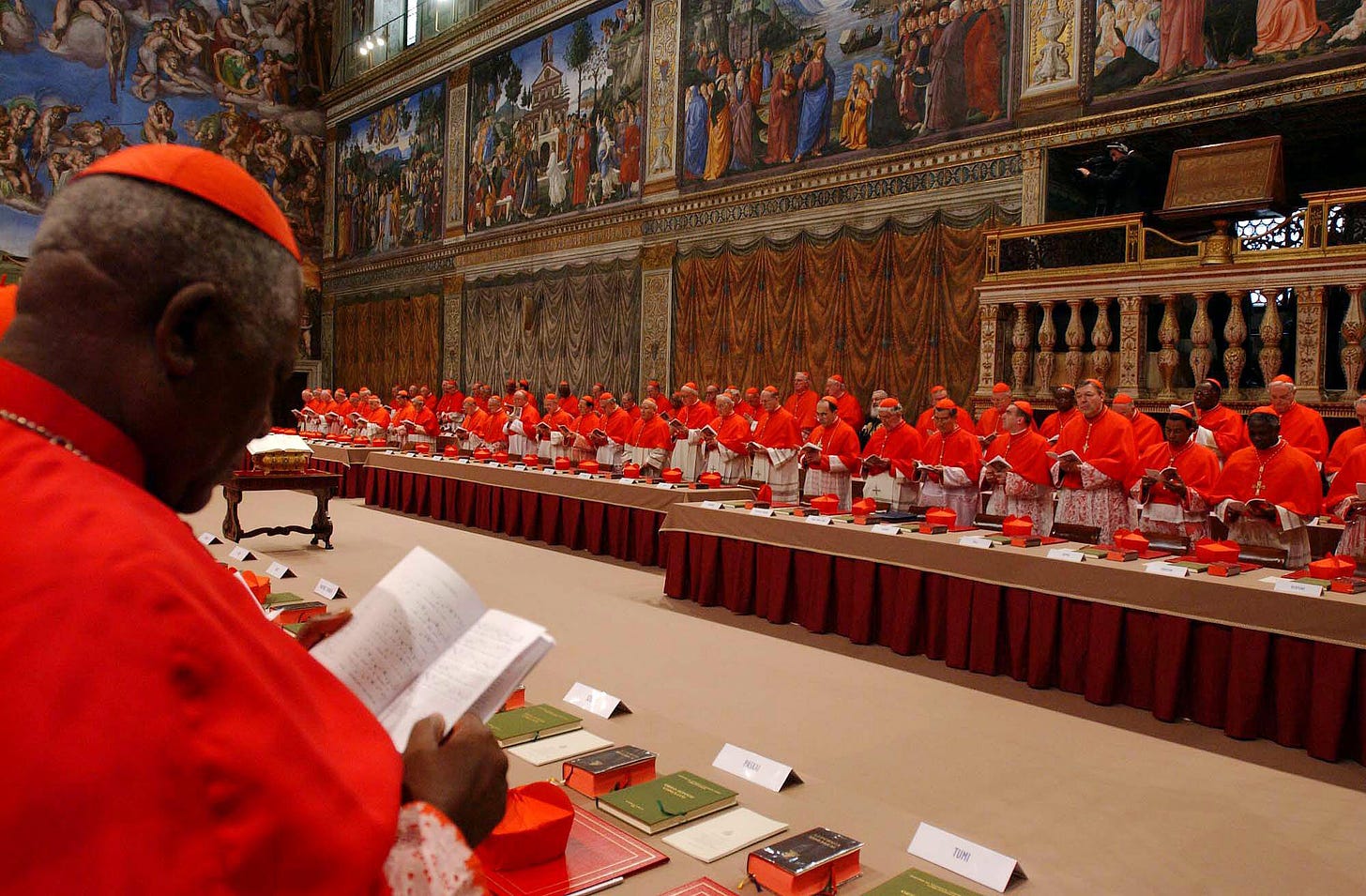While summertime rumors of a papal resignation have died down, a group of canon lawyers is continuing to push for Pope Francis to issue legal reforms for the petrine office, including provisions addressing the long-term medical incapacity of a pope.
While the canonists say they aim to close “loopholes” around the possibility of a permanently incapacitated pontiff, the proposals raise questions about the nature of papal power, and the extent to which the pope can legislate for himself. And they could open an ecclesiastical pandora’s box, paving the way for calls for papal impeachment in the life of the Church.

The calls for the canonical reform are being led by a group of canonists working around Italy’s University of Bologna, who are spearheading an open-source legal project aimed at recommending changes to the pope. Their project came to wider attention over the summer, amid gossip about Pope Francis’ health and (unfounded) rumours he might consider resigning.
The scholars are working on a proposal, which they will recommend to Francis, asking him to create a legal mechanism for declaring a pope to be permanently impeded, in the event that he fell into a coma or had some other medical condition which would prevent him from either governing the Church or resigning.
The question of norms for an impeded pope is not new. The Code of Canon Law acknowledges the possibility of a pope being “entirely impeded” from exercising his office. The issue was raised in the context of St. John Paul II’s visible decline during the last years of his life.
Canon law admits the possibility of establishing “special laws” for circumstances in which the pope might, for example, fall into a coma, or some other way be permanently incapacitated, though no such laws have ever been written.
But a project to fill that supposed legislative gap raises serious canonical, ecclesiological, and even theological questions, which may go some way to explaining why the issues haven’t been addressed in law by popes previously, and might not be addressed now either.
The Bologna canonists propose to create a voting mechanism by which the College of Cardinals could declare the pope permanently impeded, after some kind of definitive medical diagnosis, and then for a successor to then be elected — effectively creating a kind of 25th Amendment for the Petrine See.
But while that might seem like a simple solution for a problem everyone hopes will never arise, the questions it raises cut to the legal and theological core of the papacy.
Declaring any person or group capable of declaring the pope impeded, and effectively out of office, would seem to run against the legal absolute that the pontiff is judged by no one, which itself is grounded in the theology of the pope’s divinely conferred primacy.
On the other hand, some canonists would argue that if such a law were enacted by the pope, he would be effectively delegating his own authority to (in this case) the College of Cardinals, and so it would not be a question of a lower authority judging a higher one, but of the pope making a legitimate determination about how his own authority might be exercised vicariously — effectively giving the college the power to accept a resignation placed conditionally, by the law itself, in the context of certain medical circumstances.
But floating behind those legal considerations is the question of what such a law would do to the ecclesiological mindset of the Church. Would such a provision shift the hierarchical foundation of the Church, even if only for the most narrowly defined circumstances?
Under the current provisions of the law, and in the universal theological understanding of the Church, the pope is the pope, and he remains the pope until he dies or decides himself to resign.
But what would a canonical 25th Amendment open the door to in the life of the Church? How long would it take for an innocent provision for a worst-case medical scenario to become weaponized and politicized in the life and discourse of the Church?
In all likelihood, it would be a matter of months, not years, before the online fringe, left or right, started calling for the College of Cardinals to declare a pope “impeded” because of a decision with which they disagreed.
From there, perhaps inevitably, those calls would make their way into hypothetical-but-maybe-serious “think pieces” in Catholic magazines, and so into the mainstream of the Church’s internal dialogue. From there, they would almost certainly be misunderstood and misrepresented amid coverage in non-Catholic media outlets.
These risks seem altogether more likely than the kind of dire medical eventuality any such law would be intended to address.
The Church under the authority of the pope is often referred to as an absolute monarchy. In a technical legal sense this is true. But the Petrine office, like the Church it governs, is established not by laws but by God, who ultimately guarantees its stability and existence.
While calls for a more complete system of laws around the sovereign power of the pope might have academic appeal to jurists, their absence might be well understood not as a lacuna, but as an act of trust.
Perhaps one day the Church will see a pope “entirely impeded” in his office. But how the Church approaches that situation in the moment will, hopefully, hinge more on its faith than its laws.




